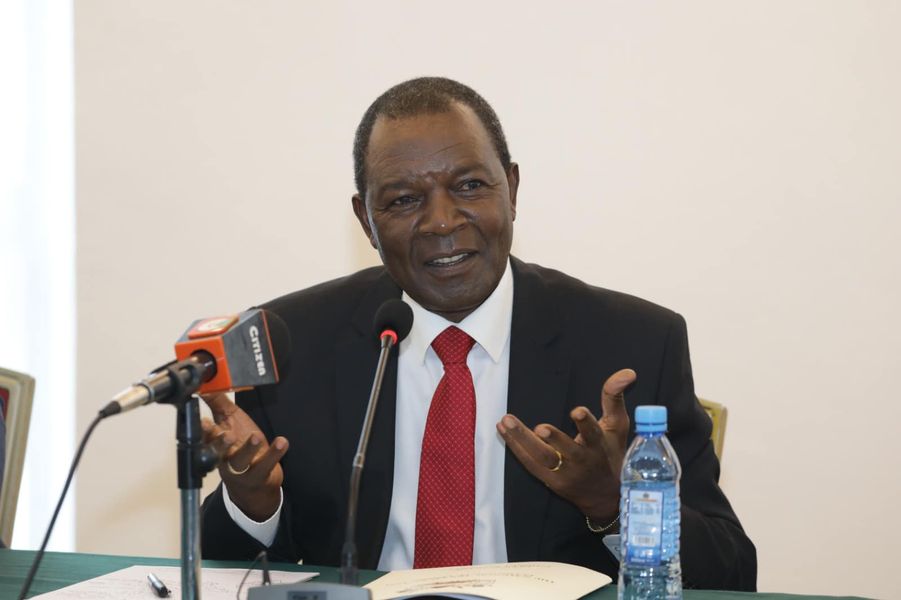In September of this year, Treasury CS Professor Njuguna Ndung’u unveiled a transformative plan aimed at addressing pressing economic challenges. The plan, forged through agreements with Aramco, ADNOC, Global Trading Ltd, and ENOC, pledged to alleviate the nation’s US Dollar liquidity challenges, ensure a stable supply of petroleum products, and stabilize fuel prices.
However, the anticipated impact of this plan has yet to materialize. During this period, the Kenyan currency depreciated by 3.8% against the dollar, trading at Kshs 151.1 compared to 145.5 in September. Concurrently, fuel prices experienced significant increases, with Super Petrol, Diesel, and Kerosene rising by 21.2%, 23.3%, and 37.3% respectively, reaching Kshs 217.4, Kshs. 203.5, and Kshs. 203.1.
The complexity of the situation is further compounded by the behavior of global oil prices. During the same timeframe, global crude oil prices decreased by 12.9% to USD 74.0 per barrel from USD 83.5 per barrel in September. This discrepancy has prompted questions and concerns from Kenyans, amplified by the opposition.
It is essential to evaluate whether the Government-to-Government (G-to-G) deal is effectively fulfilling its intended purpose. Clearly, it has not served as a safeguard against currency depreciation or stabilized fuel prices. The absence of details regarding the signed deals, including terms of supply, pricing mechanisms, payment terms, risk mitigation strategies, and sovereign guarantees, hinders a comprehensive analysis of the deal’s impact.
As the discourse shifts towards politics, distinguishing truth from misinformation in the public space becomes challenging. A call is made in this article for enhanced transparency, clear communication, and data-backed insights from the government regarding the deal. Citizens, as stakeholders, deserve access to this information.
Achieving economic stability necessitates a thorough examination of our economic interventions. The government must be prepared to reconsider strategies that fail to yield results, embodying the principle that, when in a hole, one should stop digging.

















